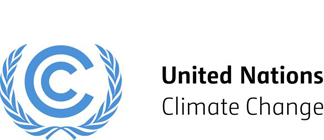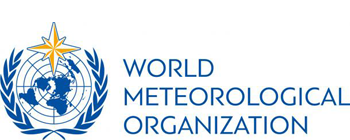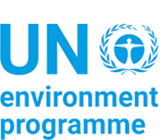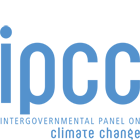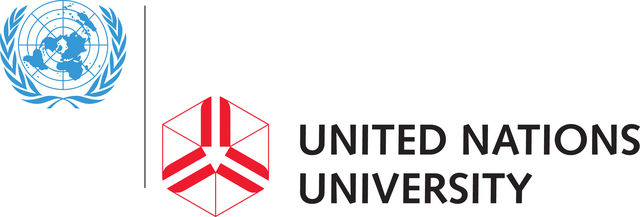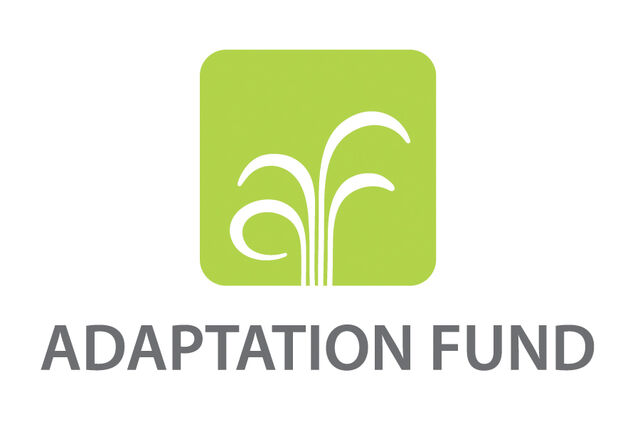Mandate
The World Adaptation Science Programme’s mandate derives from the 16th Congress of the World Meteorological Organization (WMO) held in 2011, at which Resolution 18 on the establishment of the World Climate Programme (WCP) was adopted. The WCP programme contains four different pillars, one of which is the World Adaptation Science Programme (WASP).
Vision
The core vision of WASP is to ensure that adaptation research gaps are filled, with a particular focus on policy-relevant scientific research and research needs in vulnerable developing countries. This vision has three main aims:
1. To fill the current research gaps
WASP catalyses research that addresses knowledge needs for adaptation actions and decision-making. Under this category, actions include identifying knowledge gaps and addressing them by promoting related research; contributing to IPCC Working Group (WG) II, to adaptation on the ground, and to policy through the UNFCCC process; and addressing needs identified by WASP sponsor organizations. This vision component is supported by WASP platforms and partnerships that help catalyse such research.
2. To fill the potential future gaps
WASP identifies – by engaging with the broad adaptation science community, including IPCC WG II – key uncertainties and limitations in underlying scientific areas (social and natural sciences) relevant for adaptation, and works to address them. This includes filling niches not addressed by others, and tracking innovative work, emerging trends, and leading-edge thinking.
3. To provide policy-relevant guidance through WASP products
This includes products authored by WASP members and other experts that incorporate evidence-based guidance designed to fill identified gaps relevant to adaptation planning, implementation and evaluation. The WASP management group agreed in June 2020 to publish three such products.
Mission
WASP’s overall mission is to make science work for climate change adaptation. WASP ensures that researchers, policymakers and practitioners have the knowledge, capacity and solutions to underpin and implement effective adaptation to climate change. Its work focuses primarily on providing products and services to the UNFCCC process, IPCC assessments, GCF projects and GEF projects.
Emerging Directions
WASP takes account of new global events and trends. The COVID-19 pandemic has radically changed our world so there will be a need to connect the COVID-19 response and recovery to longer-term adaptation and the building of resilience.
Global warming is becoming increasingly visible and requires the urgent scaling up and acceleration of actions for climate adaptation and resilience. At the same time, new technologies are reshaping lives and livelihoods and creating new opportunities. WASP will seek to anticipate and understand new technologies such as AI and blockchain and adopt regenerative approaches.
There will also be a need to rethink research, action and research-action linkages and sharpen the focus on action-oriented, user-centred research. There will be increasing emphasis on learning-by-doing and learning-while-doing and gearing research to interventions at scale rather than scaling from pilots. All of these developments will influence how WASP develops.

